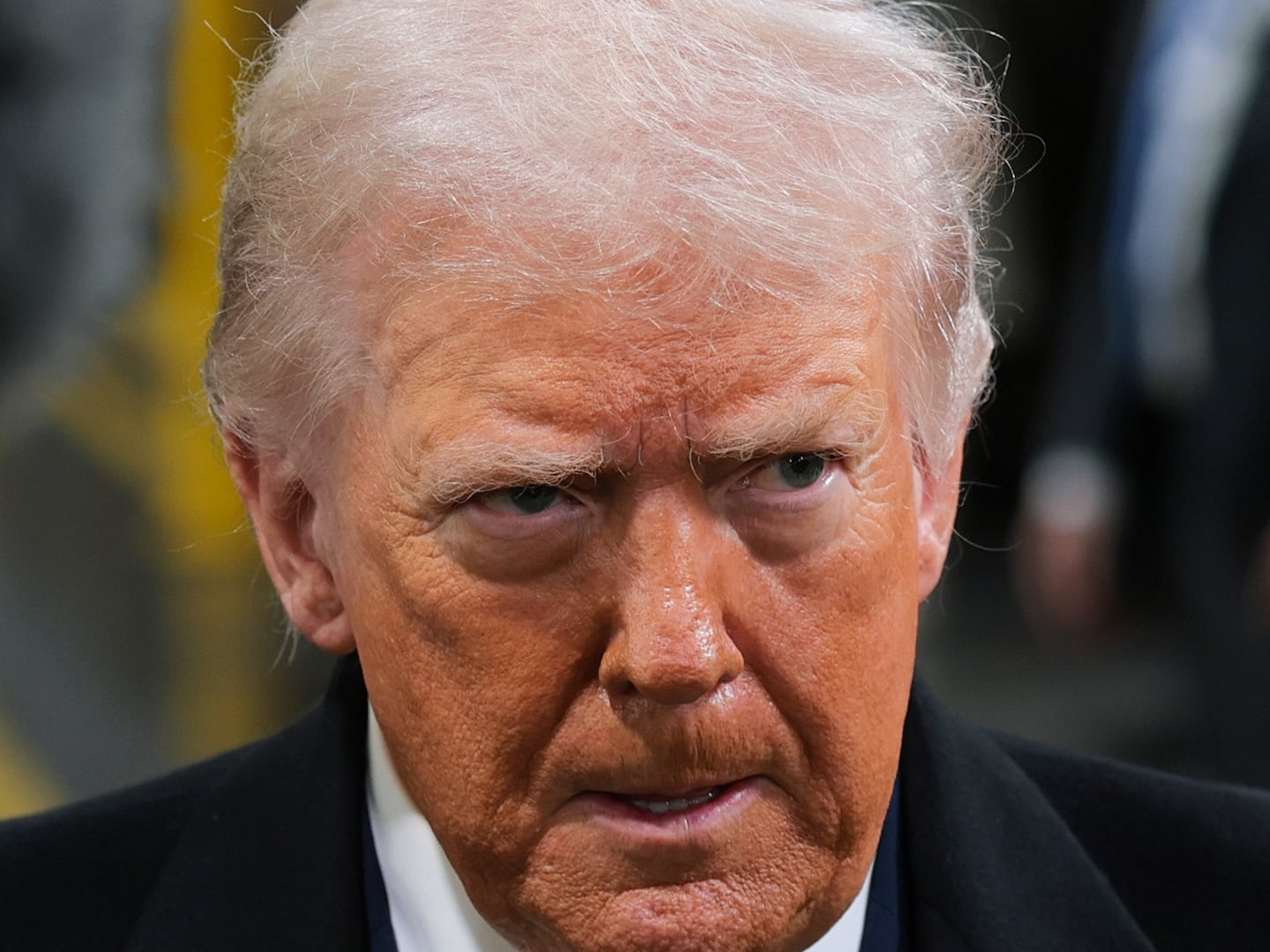Japan’s mega banks are in mega yakuza trouble. What started as a small scandal at Mizuho Bank has now turned into a wildfire of revelations and speculations about Japan’s financial institutions conducting business with the Japanese mafia. The Financial Services Agency (FSA) is currently conducting an emergency inspection of Japan’s three largest lenders, including Mitsubishi UFJ Financial Group looking for loans to the yakuza or other “anti-social forces.” Meanwhile, Mizuho Bank is facing investigations by the Tokyo Metropolitan Police Department on charges of violating Japan’s banking laws. A Diet panel has summoned Mizuho Bank President Yasuhiro Sato to appear before them on Wednesday; he is expected to face quite a grilling.

Yakuza Incorporated; Regulated but Not Outlawed
In Japan, yakuza engage in illegal activities spanning the gamut of drugs, prostitution, loan-sharking, gambling, racketeering, and white-collar crime, often conducted through front companies. In recent years, taking out small business loans and defaulting on them has been a niche moneymaking operation for the brighter thugs. There are currently 63,000 yakuza in Japan, divided into 21 yakuza groups—each with their own offices, business cards, and corporate logos. The groups are not illegal; they are subject to regulation. The yakuza have historically been tolerated by the government, with periodic clampdowns when they have appeared to amass too much power or wealth. Since 2009, the authorities, led by the National Police Agency, have heavily cracked down on the yakuza, arresting them for any minor infraction of the law. However, it has only been illegal to do business with organized crime anywhere in Japan since October 1st of 2011.
The Nine-Fingered Follies of Mizuho Bank
The current debacle began on September 27th, when the Financial Services Agency (FSA) issued a business improvement order to Mizuho Bank, Japan’s third largest bank, and ordered them to stop lending money to yakuza. The FSA began a routine inspection of the bank in December of 2012 and discovered that Mizuho had made 230 transactions with organized crime related entities, totaling 200 million yen ($2 million dollars). Most of the transactions were in the form of auto loans taken out via its subsidiary, Orient Corporation.
This is not the first time banks in Japan have been disciplined by the FSA for engaging in transactions with the underworld. Citibank Japan lost its private banking license in 2004 due to having many high-ranking yakuza customers with accounts; it was disciplined again in 2009 for similar problems.
Mizuho Bank also has a long history of dealing with the yakuza.
In 1997, the police arrested top executives of Daichi Kangyo Bank, the predecessor of Mizuho Bank, for paying off a yakuza backed racketeer.
In 2006, a compliance officer at Mizuho Bank was arrested for selling the data of 1200 bank customers to a yakuza front company.
According to the book, Underground Money by Takashi Arimori, in 2007, the FSA warned Mizuho to stop lending money to yakuza affiliated companies, such as Tokyo Stock Exchange listed real estate developer, Suruga Corporation. Suruga was later delisted after police investigation revealed that it had paid over a $100 million to a yakuza front company to evict tenants from properties they wished to acquire. Suruga’s board members included a former high-ranking official from the National Police Agency Organized Crime Control Division and an ex-prosecutor.
Mizuho’s past involvement with so-called “anti-social forces” and its lack of resolve in cutting ties has been known by regulatory agencies for some time. It is part of the reason the FSA gave them what amounts to a very public spanking.
The FSA determined that Mizuho Bank top executives knew about the loans to the yakuza as early as December of 2010 but did nothing about them nor stopped further loans. The reasons are not yet clear.
At a press conference, on October 4th, Mizuho representatives stated that top executives were unaware of the problematic loans and only a compliance executive knew of the loans. However, on October 8th, Mizuho reversed previous statements and admitted that top executives had in fact been in the loop the whole time.
On November 7th, Stockholders in the company have filed criminal charges against the top management accusing them of hiding reports from the FSA and interfering with inspections, which is a violation of the banking laws.
As of yet, there have been no arrests in the scandal.
The Police Enter the Picture
The Tokyo Metropolitan Police are investigating the loans to see if any of them can be made into criminal cases. If the loan contracts included an organized crime exclusionary clause, any yakuza that lied about their status could be arrested for fraud. Yet, many of these transactions appear to have been perfectly legal. Surprisingly, a number of the gangsters who received loans were highly visible figures that could be identified by simply by thumbing through any of the several yakuza fanzines —which are openly sold in bookstores.
Police investigators say many of the loans were really used to buy cars, particularly expensive foreign cars such as Mercedes Benz or high-end Japanese cars like the Toyota Lexus. Police explain, “A yakuza’s car is like his face. No top boss of any status is going to be driving a Honda station wagon around. An expensive car is status.” One Tokyo yakuza underboss, said on background, “Everyone knows who I am. When I took out the loans, it was legal. You can’t retroactively apply the law. Mizuho wants me to pay the remainder immediately. No way. They can take me to court.”
However, some of the cars bought with the loans were immediately sold the same day, the loans primarily left unpaid, indicating that a portion of the money lent was used to create revenue for organized crime.
Coming Attractions
There is a saying in Japanese 一罰百戒 (Ichibatsu Hyakkai): one punishment works as well as a hundred laws; it’s a principle that seems to be judiciously applied in the Mizuho case. The business improvement order, September 27th, was issued a few days prior to the second anniversary of the organized crime control ordinances going nationwide (October 1st 2011). The timing was probably not a coincidence.
The scandal has already had a rippling effect through the Japanese business world. Shinsei Bank came forward on October 31st and admitted to transactions with criminal groups. The Life Insurance Association of Japan plans to make use of the National Police Agency database to prevent insurers from taking on yakuza clients or doing business with them. The Japanese Bankers Association (JBA) and the Japanese Securities Dealers Association (JSDA) are also planning to strengthen ties with the police to keep yakuza out of the financial markets. Ironically, this year the JSDA selected Mizuho Financial Group, the parent company of Mizuho Bank as “a firm excelling in disclosure.” Mizuho FG announced on October 7th that they would not be accepting the award.
Police and regulatory authorities are taking advantage of the attention given to the Mizuho scandal to push forward with their crackdown on organized crime. Even though providing gains to the yakuza is now illegal, many firms in Japan are still suspected of paying them off to keep business running smoothly or to reap even greater revenue. Allegedly, some major corporations are now paying money to the yakuza via donations to mob-backed right wing groups. The banks are possibly only the tip of the iceberg.
An FSA investigator speaking on background about the ongoing investigations stated, “We’ve been accused of being unduly harsh with Mizuho Bank but they’re just the first in line. The improvement order was meant to make a point and if Shinsei is any example, the financial world definitely gets it. There will be more illegal transactions uncovered, you can bank on that.”







